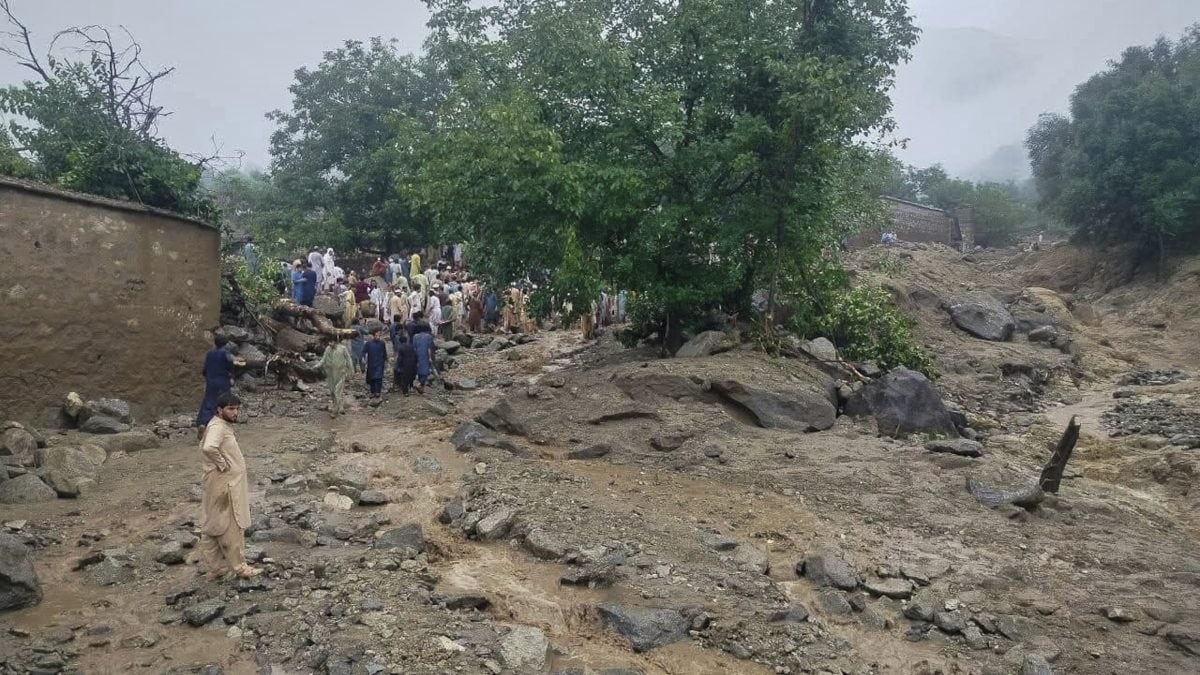India on Sunday alerted Pakistan about flooding in the Tawi river through its High Commission in Islamabad, bypassing the Indus Waters Treaty mechanism that remains suspended after the Pahalgam terror attack, according to a report.
As Pakistan grapples with a massive flood-like situation, India on Sunday alerted Islamabad about flooding in the Tawi river through its High Commission, as the usual Indus Waters Treaty (IWT) channel remains in abeyance after the Pahalgam terror attack, a report said.
As a gesture of goodwill amid worsening bilateral ties after a brief conflict, this marked the first time New Delhi used its diplomatic mission to convey such information, instead of the treaty mechanism that normally relies on communication between the Indus Water Commissioners.
“Under the Indus Waters Treaty, such information is shared through the Indus Water Commissioner. But with the treaty in abeyance, the alert was sent directly via the High Commission,” an official source said as quoted in the report.
Jammu sees century’s second-highest August rainfall
The alert came amid heavy rains that triggered severe flooding across Jammu, where 190.4 mm of rainfall was recorded in just 24 hours, the second-highest downpour for August in over a century.
Low-lying neighbourhoods, including Janipur, Roop Nagar, Talab Tilloo, Jewel Chowk, New Plot and Sanjay Nagar, were inundated, with floodwaters entering homes, damaging boundary walls, and sweeping away vehicles.
Several rivers in the region, including the Tawi, Chenab, Ujh, Ravi and Basantar, have swollen to dangerous levels, prompting authorities to place disaster response teams on high alert.
Pakistan’s monsoon crisis deepens
Since late June, monsoon-related disasters across Pakistan have killed at least 739 people, destroyed over 2,400 homes, and led to the loss of more than 1,000 livestock. Thousands have been displaced, while homes, schools, and crops have been wiped out, according to UN agencies and national authorities.
Meanwhile, forecasts caution that the severe weather could persist into early September, heightening fears of more flooding, landslides, and damage to agriculture.
Indus Waters Treaty
India and Pakistan signed the Indus Waters Treaty in 1960, a landmark agreement to govern the sharing of waters from the Indus River system. The pact emerged out of disputes that followed Partition, when control over the river became a potential flashpoint between the two neighbours.
Pakistan had approached the United Nations, after which the World Bank stepped in to mediate. Following nearly nine years of negotiations, the treaty was signed by India’s Prime Minister Jawaharlal Nehru and Pakistan’s President Ayub Khan.
Treaty in abeyance after terror attack
However, after the April 22 terror attack in Jammu and Kashmir’s Baisaran Valley, Pahalgam — which left 26 tourists dead, India placed the treaty “in abeyance.” In response, Pakistani leaders have issued “war threats” to India over the move.
